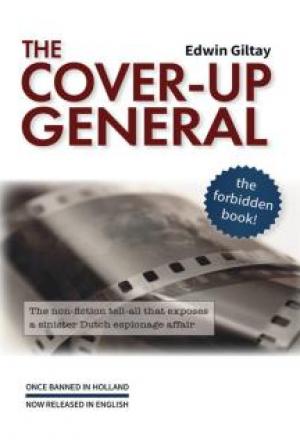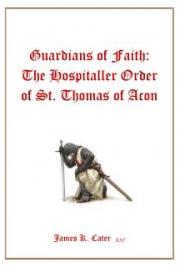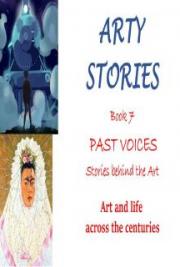Notes.
i A Norse homestead consisted of several buildings--the great hall standing alone and apart from the domestic arrangements.
ii The Norse assembly, corresponding to a Saxon "Folkmote," or representative council for a district.
iii Unearthly. The trolls were the demons of the Northern mythology.
iv Byrnie, the close-fitting mail shirt.
v The consecrated silver ring kept in the temple of the district, and worn by the godar, or priest, at all assemblies where it might be necessary to administer an oath. Odin, Frey, and Niord were always called to witness an oath on this ring.
vi God-rede = "good counsel," or "God's counsel," as Alfred means "elves' counsel."
vii Asser's "Life of Alfred." This illness never left the king from his twentieth year to his death. Probably it was neuralgic, as it seems to have been violent pain without lasting effect.
viii This was called "prime signing," and was practically the admission of the heathen as a catechumen.
ix The "Havamal" was the Northern poem which practically embodied the ancient code of morals and behaviour.
x The use of bells was popular early in England, and not less so because a freeman who could afford to build a church with a bell tower became a thane in consequence.
xi The national representative assembly, and origin of our parliament.
xii Now Normandy, and so called after Rolf's Northmen.
xiii This charm against the "evil eye" was used in the west of England until quite lately, and may still linger. The charm against sprains is one yet recorded in the original tongue.
xiv Alfred had Denewulf instructed, and made him Bishop of Winchester.
xv In 845 A.D. Bishop Eahlstan and the levies of Somerset and Dorset defeated the first Danes who landed in Wessex, at the mouth of the Parret.
xvi Trading vessel, more heavily built than the swift longships.
xvii The "wild hunt" is still believed to pass over Cannington and the Quantock Hills, the sounds of the migration of flocks of sea fowl probably keeping the tradition alive.
xviii Athelstan = "noble stone."
xix Confirmation.







